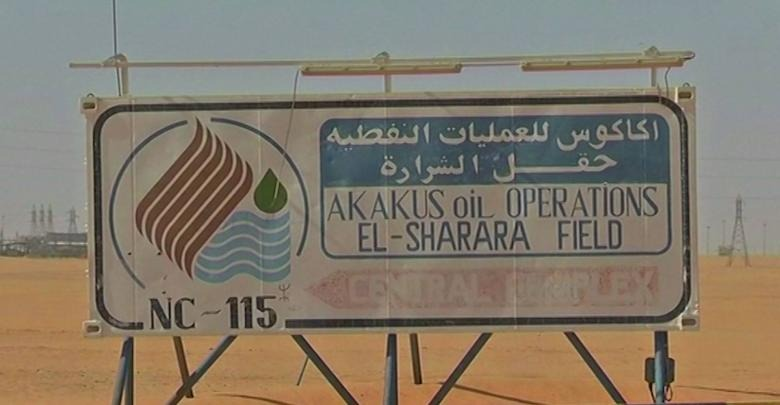
As the Government of National Accord (GNA) makes gains in its military struggle with the Libyan National Army (LNA), the Sharara oilfield has restarted production, as has El Feel.
The National Oil Corp. (NOC) has put first phase production from Sharara at 30,000 barrels per day. Full production should be reached within 90 days, the company said.
The Hamada valve was closed in mid-January as the LNA stepped up pressure on the Tripoli-based GNA. The closure of the field, and wider blockade of the North African state’s oil industry, was blamed on the decisions of local tribes but has been widely attributed to the LNA.
NOC had complained recently of being frustrated in its attempts to tackle maintenance problems at Sharara.
“We have much to do, and we hope that the restart of production at the Sharara oilfield will be a first step to reviving the Libyan oil and gas sector and preventing an economic collapse in Libya in these difficult times,” said NOC’s chairman Mustafa Sanalla.
NOC went on to report that El Feel, adjacent to Sharara, had also restarted on June 7. As a result force majeure has been lifted on exports from Sharara and El Feel on June 7 and 8 respectively, it said.
“NOC will start crude oil export operations as soon as possible. I also confirm that crude oil is now reaching Zawiya refinery, which will resume its operations to produce fuel for domestic use. This will reduce pressure on the budget allocated to import fuel,” said Sanalla.
Production from El Feel will start at 12,000 bpd. NOC said this would increase to reach full capacity within 14 days, citing some worries about damage to the field caused by its long shut down. The field has previously produced around 70,000 bpd.
The US embassy in Libya welcomed the return of Sharara, describing this as a “significant step forward as the NOC fulfills its crucial and apolitical mandate to promote the interests of all Libyans”.
The five-month shutdown of the country’s oil sector “must end on a nationwide basis. Now is the time for all responsible parties to reject attempts to militarize the energy sector, divide Libya’s economic institutions, and subjugate critical infrastructure to foreign interests,” the embassy said.
The tone of General Khalifa Haftar has changed radically since the withdrawal of his Russian allies from the siege of Tripoli.
Over the weekend, reports from Egypt – a major backer of Haftar and the LNA – said the general was backing a ceasefire that would come into effect as of June 8.
The general and the LNA lost control of Tarhuna on June 6, a crucial stepping stone towards projecting power in western Libya. Some allegations have emerged of human rights abuses in the GNA’s advance
A statement from the United Stations Support Mission in Libya (UNSMIL) said a “political solution” was within grasp and that it was ready to support a fully inclusive process. “The tragedy that has beset Libya for more than a year has proven, beyond any doubt, that any war among Libyans is a losing war.”
While UNSMIL claims to have a role in determining how a political solution in Libya, ultimately the decision will be driven by external backers of the two sides, and internal dynamics. Qatar and Turkey have backed the GNA, while Russia, the United Arab Emirates and Egypt have backed the LNA.
Updated at 5:28 pm with El Feel restarting.
